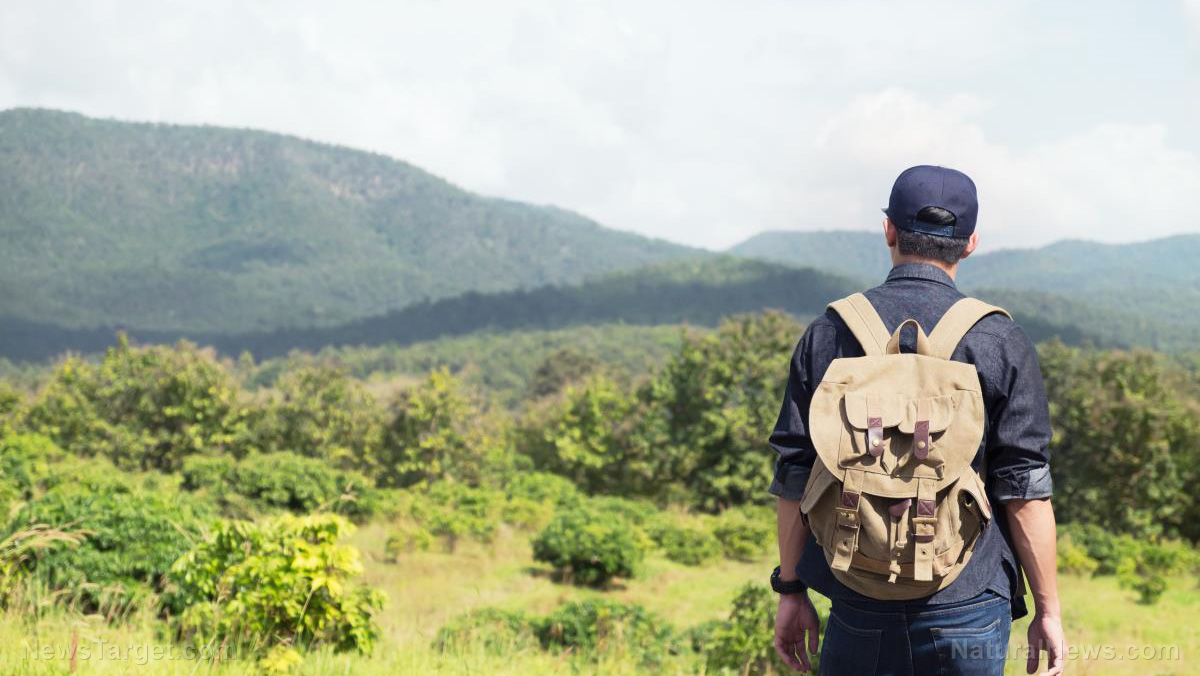
As the name implies, the whole point of becoming a prepper is to prepare for a large-scale crisis or societal collapse. But while it’s important to know what to put in your bug out bag, where to go in case you need to go off the grid, and how to properly defend yourself and your family in a SHTF scenario, there are many smaller things that preppers often overlook and fail to ready themselves for. SurvivalistPrepper.net addressed this topic in a recent article titled, “Overlooked or Forgotten Preparedness Supplies & Techniques.”
Complacency
After doing the same thing over and over again, we as human beings tend to become complacent. When it comes to prepping, there is no exception – eventually, all preppers face a lack of urgency, normally because life gets in the way and preparing for a SHTF scenario becomes a secondary objective. That’s why it’s important to pace yourself to avoid becoming overwhelmed, and also routinely remind yourself how bad it would be if you find yourself unprepared in a real-life survival situation. (Related: If you’ve stopped prepping, it could be the biggest mistake of your life.)
Critical thinking
Whether it's prepping for a survival situation or just living day-to-day, it’s a good idea to teach yourself how to think critically. Get into the habit of taking your time and going through your preparedness plans. Consider the following: What would you do if this particular obstacle got in your way? How would you get yourself out of the situation? How would you ensure your own safety and the safety of your loved ones? Thinking critically can literally mean the difference between life and death.
The basics at home
Because of the fact that there are so many things to think of and consider when it comes to preparedness, we often overlook the odds and ends that keep us safe at home. Don’t forget about things like fire extinguishers, smoke detectors, home security and tools. ThePrepared.com compiled a list of several more essential items that you should have in your home, including first-aid, medication, light, cash, and documents. Granted, we may not often think of these things as “preparedness items,” necessarily, but they are all important nonetheless. Don’t forget about the basics at home.
Money on hand
Most people today pay for expenses using a credit or debit card, but both of those would be useless in the event that the electric grid goes down and banks no longer operate. Be sure to have cash on hand so that you never get stuck in a financially burdensome situation.
Family planning
No preparedness plan is complete if your family is not on board with everything that you have in mind. Make sure that they all know their part and what roles they will play in a SHTF scenario. Anything less than that could potentially lead to disorganization and chaos.
Your health
Life during and after a large-scale crisis will be extremely taxing, and you will be required to perform physically as well as mentally just to survive day-to-day. Make sure that you eat right, exercise frequently, and take care of any potential health issues to ensure that you will be able to carry on when SHTF. (Related: Here are five ways to protect your health when SHTF.)
Rotation
It can be easy to forget to rotate food and preparedness supplies, but truthfully, it’s an important thing to do. Bug out bags should be checked and updated from time to time, and food storages should be examined routinely to make sure that the food hasn’t yet expired. Rotating food and preparedness supplies is an essential component of making it through a SHTF situation and surviving for the months and years that follow.
Sources include:
Please contact us for more information.





















